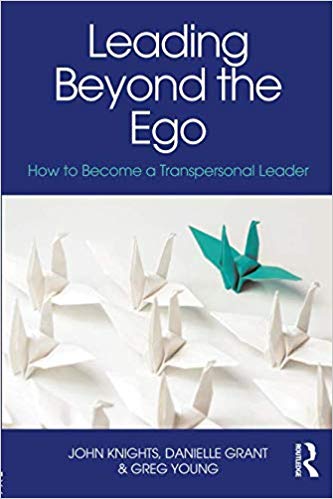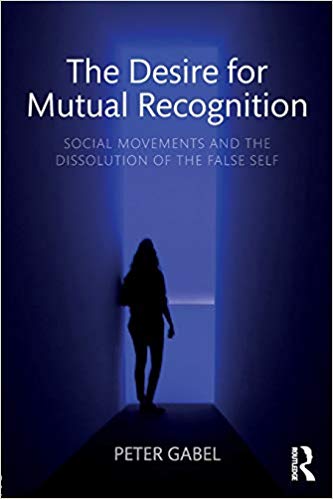Sue L. T. McGregor
Higher education is one of the most important arenas in which the transdisciplinary (TD) approach should be applied (Güvenen, 2016). Fortunately, educational institutions are “evolving [so they can] answer the demand for transdisciplinary skills” (Güvenen, 2016, p. 75). In concert, “educators are recognizing the vital significance of designing a transdisciplinary curriculum” (Smyth, 2017, p. 64). Indeed, it is a growing phenomenon in higher education as evidenced by several recent initiatives (see Albright, 2016; Babadi, Varaki, Khandaghi, …


